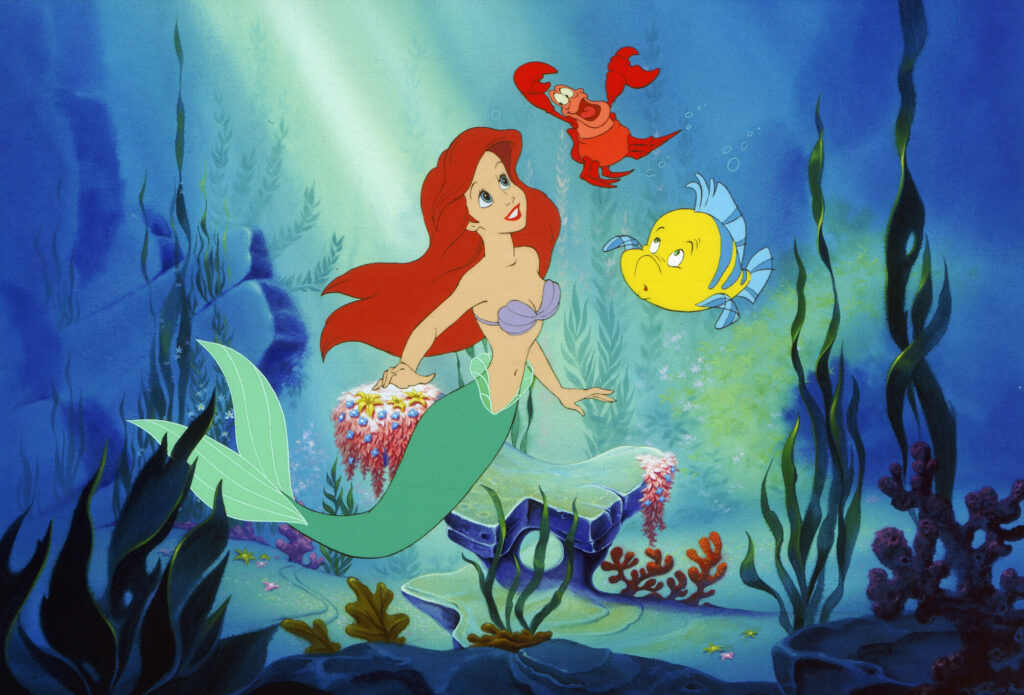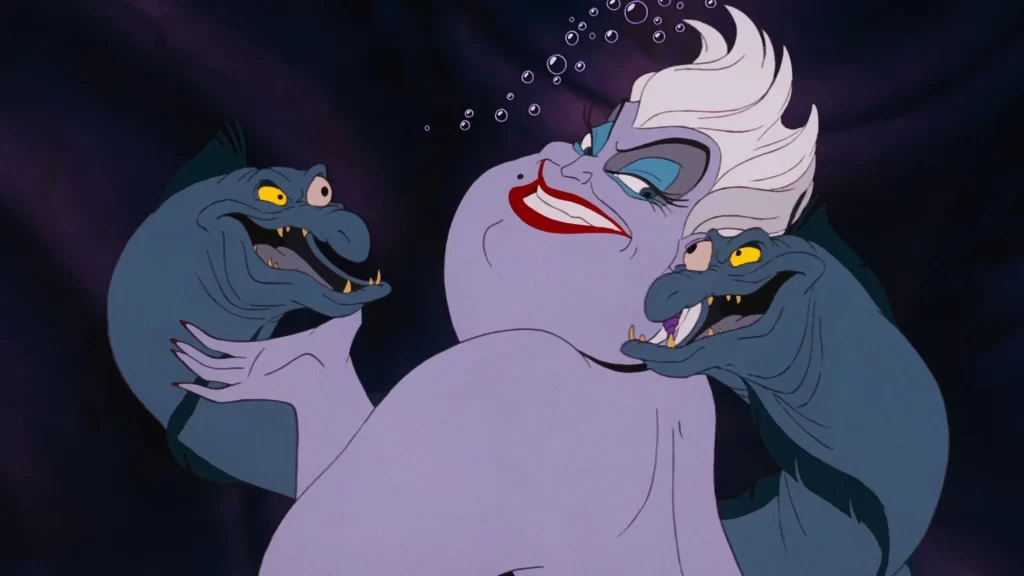When The Little Mermaid premiered in 1989, it didn’t just make a splash—it created a tidal wave. This film didn’t simply revive Disney animation after years of decline; it transformed it, launching the Disney Renaissance and reintroducing the world to the magic of animated musicals. But The Little Mermaid is more than a landmark in animation—it’s a heartfelt exploration of dreams, independence, and the pursuit of something greater.
At its core, the story of Ariel is about yearning for something more. Unlike earlier Disney princesses, Ariel isn’t content with her world. She’s a dreamer who wants to explore, defy expectations, and live on her own terms. The song “Part of Your World,” almost cut from the film during early screenings, encapsulates this spirit of longing and independence. It’s no wonder Howard Ashman, the lyricist behind the song, threatened to quit if it was removed. Without it, Ariel’s dreams, and the audience’s connection to her, would lose their emotional depth.
The film’s groundbreaking music, composed by Alan Menken with lyrics by Ashman, redefined how Disney used songs in storytelling. Unlike previous animated films where songs were often incidental, the music in The Little Mermaid drives the plot and reveals character. Songs like “Under the Sea” and “Poor Unfortunate Souls” are not only catchy but essential to understanding the world and its characters. The Caribbean-inspired “Under the Sea” added vibrant energy, thanks to Sebastian’s Jamaican flair—a brilliant reimagining of what was initially a stuffy British butler crab.

And then there’s Ursula, one of Disney’s most iconic villains. Larger than life and full of charisma, Ursula commands every scene she’s in. Her song “Poor Unfortunate Souls” is a masterclass in persuasion and manipulation, showcasing her as a villain who knows how to play her cards. Originally envisioned as King Triton’s sister in early drafts, Ursula’s ties to the royal family were ultimately cut, but her influence remains one of the film’s most compelling elements.
Behind the scenes, The Little Mermaid faced challenges that make its success all the more remarkable. From initial rejection in favor of a Splash sequel to budget constraints that left Ursula with only six tentacles, the film’s production was anything but smooth. Yet the animators and creatives behind the movie poured their hearts into every detail, from the storm sequence that took over a year to animate to the over one million hand-drawn bubbles that brought Ariel’s underwater world to life.

This painstaking attention to detail paid off. The Little Mermaid was not only a commercial success but also a critical darling, grossing over $200 million worldwide and winning two Academy Awards for Best Original Score and Best Original Song. More importantly, it breathed new life into Disney animation, paving the way for Beauty and the Beast, Aladdin, and The Lion King.
But perhaps the most enduring legacy of The Little Mermaid lies in its universal themes. Ariel’s journey speaks to anyone who has ever felt out of place, struggled to follow their dreams, or longed to explore a new world. It’s a celebration of courage, curiosity, and the pursuit of a life beyond the horizon.
In the end, The Little Mermaid is more than a movie about a mermaid who wants to be part of our world. It’s a story about the magic of dreaming big, the power of music, and the bravery to chart your own course. From one superfan to another—let’s dive into this masterpiece again and celebrate the waves it continues to make.


